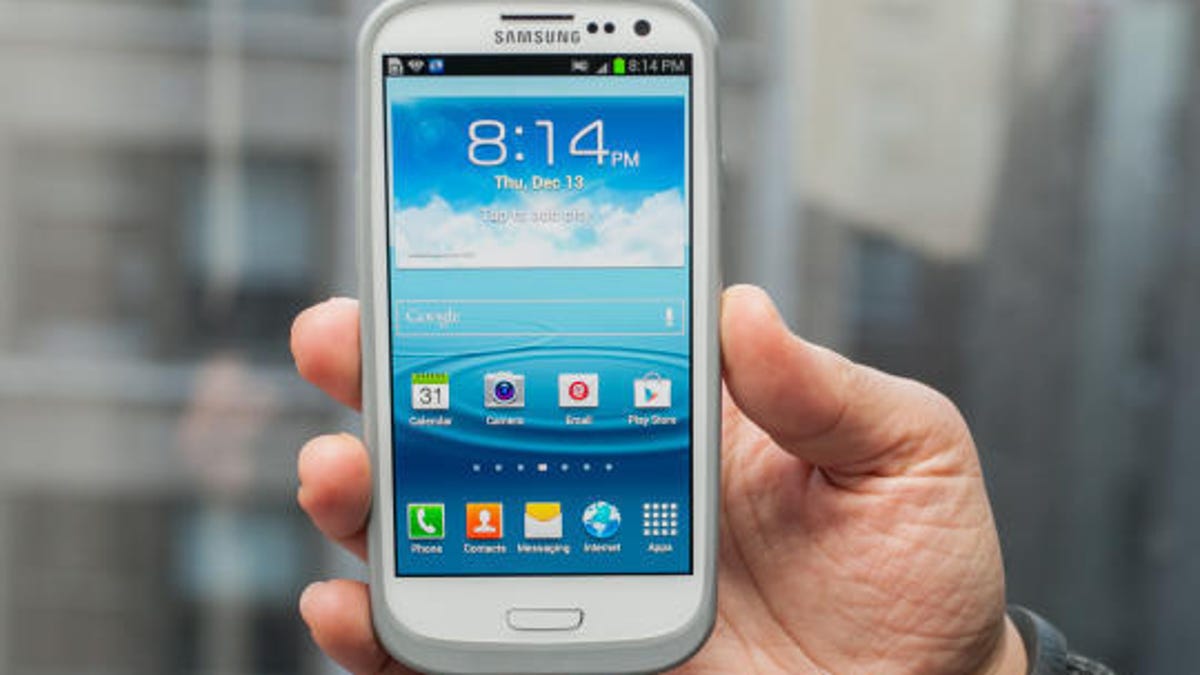Sprint sees most exclusive smartphone deals going away
The days when that hot smartphone is only available on some other carrier may soon be over.

The era of exclusive smartphone deals may soon be over.
That's according to Sprint product chief Fared Adib and device executive Ryan Sullivan, who believe the industry is slowly getting away from the practice of locking up smartphones for a single carrier.
Ideally, this means consumers will eventually be able to pick any phone they want on any carrier.
"We in the industry have focused too much on this concept," Adib said.
"It makes less sense for exclusive deals," Sullivan said.
That goes against the longtime tradition of a handset manufacturer striking a deal to run on a single carrier in exchange for marketing support. AT&T's deal with the iPhone is the most famous example of such a deal, leaving customers on other carriers for years eyeing the phone with envy.
Samsung's Galaxy S franchise, however, proved to the industry that exclusivity may not be all it's cracked up to be. From the start, Samsung launched its Galaxy S smartphones across major carriers, making it as broadly available as possible. While the initial start was modest, Samsung proved that enough marketing heft and some decent products will do more for the long-term benefit of that line than a one-off exclusive.
Adib, however, wouldn't say all the exclusive deals were going away. Sprint, for instance, still counts its Evo line as an important part of its portfolio, and the carrier will likely continue on with another phone in that family.
Verizon won't be dropping its Droid franchise anytime soon. And Nokia still struck a deal with AT&T to have it exclusively sell the Lumia 920, following up on the Lumia 900.
The model of exclusivity agreements worked when carriers could count on a flagship store to keep it relevant for a year. But with the pace of new phones coming out so rapidly, the impact of that big marketing push from the carriers is diminished with the next big phone always around the corner.
Sprint, for example, likely won't be taking a custom or exclusive Windows Phone from HTC and Samsung when it begins selling Windows Phone 8 devices in the summer.
Sullivan said by taking phones that are made for a global market, it allows the handset manufacturer to focus on fewer devices, ultimately serving up better products.
The setup leaves Sprint to set itself apart through its own services. The company today announced Entertain ME, a service in its Sprint Zone application that helps users search for music, TV shows, and movies found in different apps on the device, acting as a one-stop shop for media on the device.

